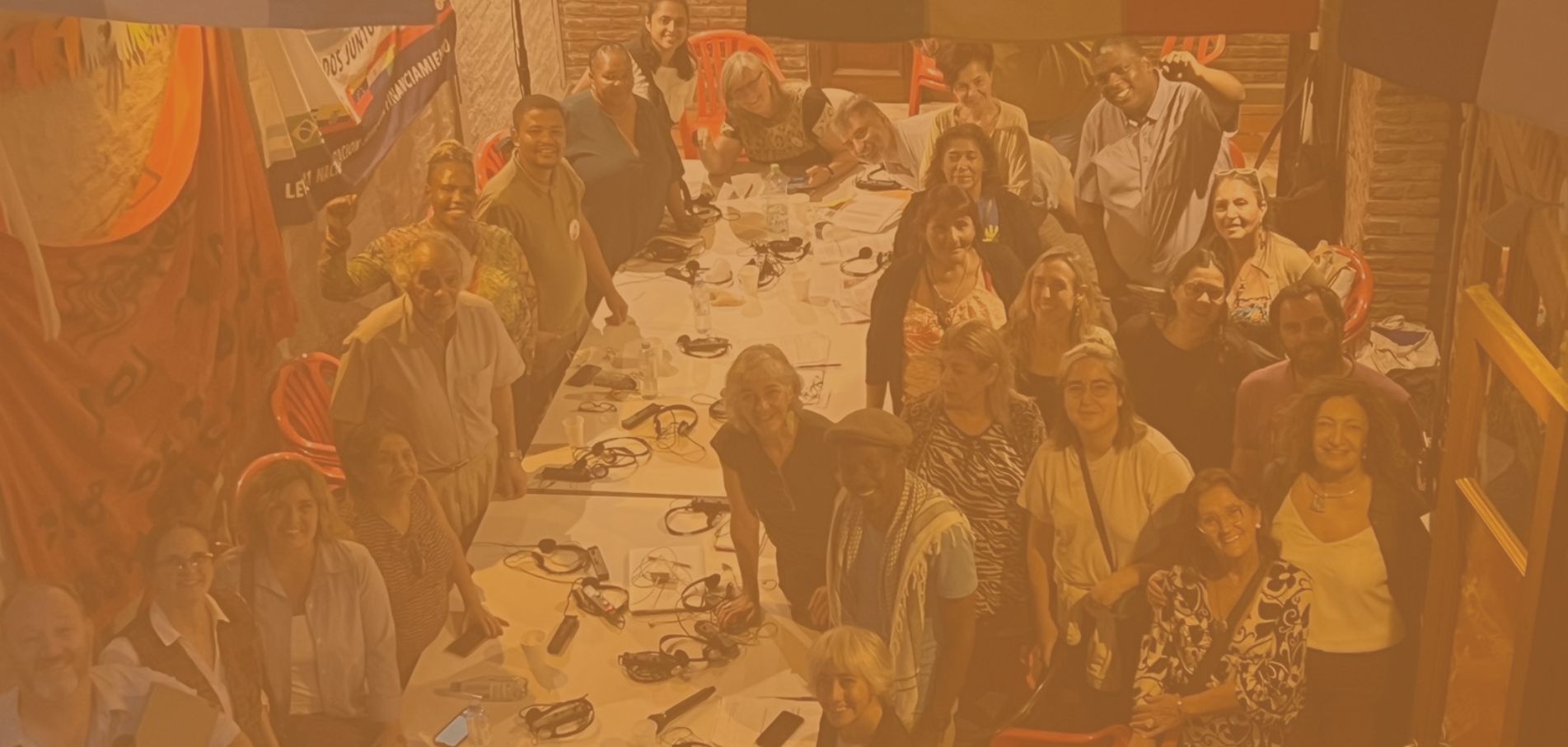Cotonou/Heidelberg. On 11th July 2008,
The current crisis shows that the realisation of the right to adequate food, which implies that states will inter alia guarantee access to productive resources for small-scale farmers, as well as safe and affordable food for urban consumers, is at the core of the current debate about the emergency situation. On the one hand, massive and recurrent violations of this human right and of related state obligations have played a great role in triggering the crisis. On the other hand, the international community cannot continue to ignore the right to adequate food, the principles and tools this right offers if a sustainable solution to the emergency situation is to be found.
The World Food Crisis and the food situation for the poorest and the most vulnerable, especially in
The African Network for the Promotion of the Right to Food will build up a framework and a forum for coordinated actions at the sub-regional and regional levels. Capacity building, documentation of violations, advocacy and monitoring of public policies will benefit from synergies of national actors working together. Cooperation with international networks will also make sure that all forces are used to make states comply with the commitment they have made to the human right to food of their people since the Universal Declaration of Human Rights, which celebrates its 60th birthday this year. Another historic event, which will undoubtedly be positively marked with the new network in


